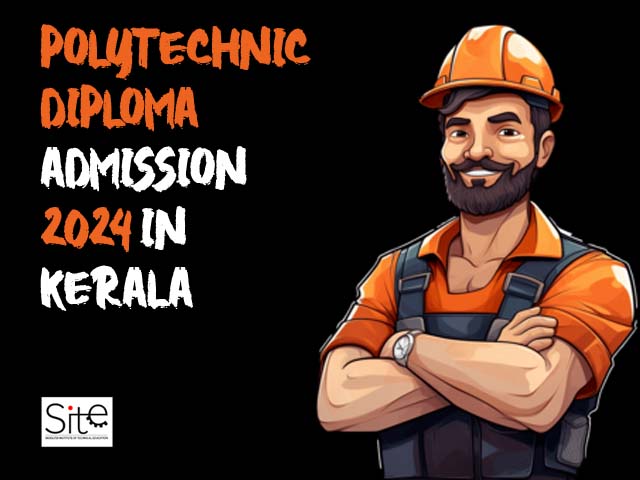- Have any questions?
- 9544233633
- info@skooltek.in
Why students choose Diploma over Degree after Plus two ?

ആപ്പിൾ പറിക്കാൻ റോബോ !!!
April 3, 2019
ഈ തിരഞ്ഞെടുപ്പിൽ വാട്ട്സ്ആപ്പിന് എന്ത് കാര്യം?
April 9, 2019The decision to choose a diploma over a degree is an important life choice that needs to be weighed up with all the facts in mind. In an ever-changing and competitive job market, Technical education can make you more able to accomplish your career and life goals than a degree will.

If you are choosing further studies, you will most likely be a motivated person and will do well in your career regardless.
You could be finishing secondary or metric schooling and looking for the first logical step in your career journey. Or, you might be a seasoned professional deciding to take a new career path. Many diploma students have been in their occupation for a few years and know that the right qualification will escalate pay rise or promotion opportunities.For more https://www.skooltek.in/technical-courses/
Indians are opting for diplomas over degrees more and more often; here are 6 of the top reasons:
- Diplomas make you job-ready, faster
Many university degrees will focus on theory-based knowledge that may not guarantee you the career or position you want. Technical education gives you the opportunity to understand the skills you need while allowing you to put these skills into practice while you study. Once you are qualified, you will feel confident to apply your knowledge and capabilities in an interview and on the job.

- You are more likely to be hired and valued
There is currently a shortage of professional technical workers in a range of sectors. The skill shortage in India ensures that what you learn from completing a technical diploma is highly valuable to employers. Recent research has proven that 78% of Diploma holders are employed after training and were able to find work after their studies exceeded the number of jobs found by Bachelor degree graduates.

- You will potentially earn more from the beginning
On average, people with a Certificate 10th or 12th qualification in India are earning 80000 P/A more than Bachelor degrees graduate in their first year out of study.
An online survey report cites that the median full-time income for a Diploma holders is 150000 P/A. Whereas, the median graduate salary for students completing a bachelor’s degree is 120000 P/A. Often Diploma holders can earn higher salaries than many bachelor’s degree graduates.For more https://www.skooltek.in/technical-courses/

- Diplomas can be completed in significantly less time
University professional degrees require a minimum of four years of full-time study, while diplomas need only two to three years at the very most. Most technical diplomas can completed within 2-3 years or much less. Due to the practical nature of diplomas, the amount of time you spend learning and completing assignments will be greatly lessened, allowing you to enter the workforce and reap the benefits sooner.

- Diplomas are a fraction of the cost and provide better value for money
Undergraduate degrees can cost upwards of 4 Lcs in course fee alone, whereas diplomas can cost less than half, or a third of that price. In addition, just like university degrees.

- Learning is flexible
The best Technical education courses can be started at any time of the year because unlike degrees, they don’t have to follow a higher education calendar. You might need to consider the opportunity cost of waiting for the next degree intake and missing out of a pending opportunity that requires a respected qualification. If timing or other flexibility is a factor, then a diploma is a smart and accessible choice.

With the right qualifications, you’ll be able to plan your career choices and utilise your skills. In many cases, a diploma is the best answer: it comes at a fraction of the cost, time and effort, and equips you with better practical skills and confidence for your new career.For more https://www.skooltek.in/technical-courses/





